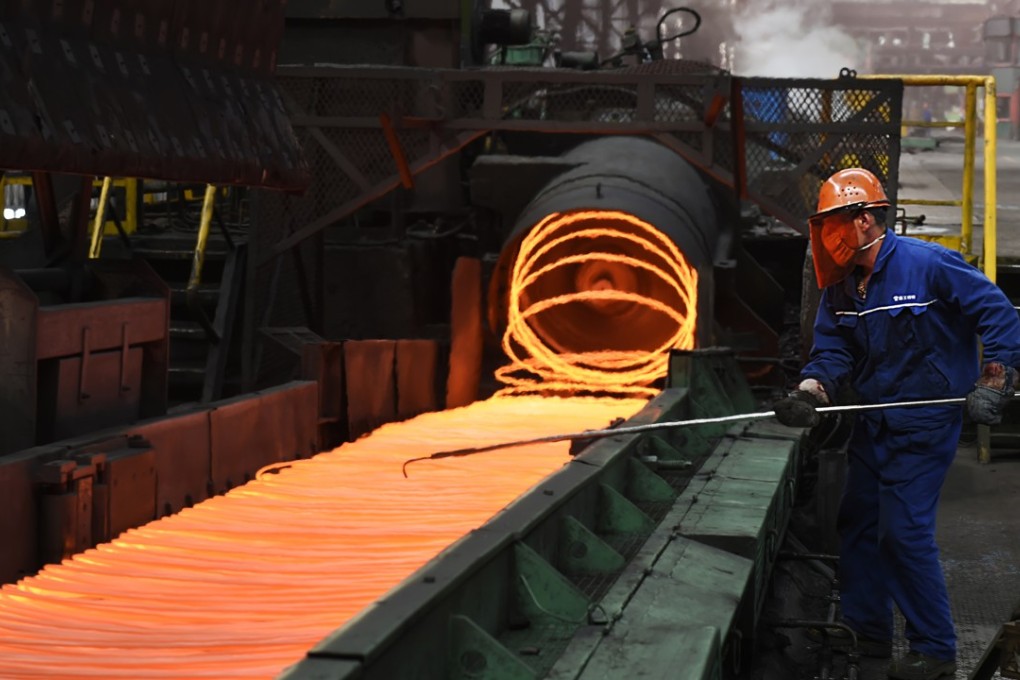China-US trade war: look closely – Trump has zero ammo
Aside from a few technicalities, Washington doesn’t have a legal leg to stand on to accuse Beijing of unfair trade practices, and most in the know – meaning not the US president – are well aware of that fact

In a sharply worded investigative report issued on March 22 under Section 301 of its domestic trade law, the office of the United States Trade Representative (USTR) criticised China’s intellectual property and technology transfer policies on four counts.
First, it contended China uses foreign ownership restrictions, such as joint venture requirements and foreign equity limitations, and various administrative review and licensing processes, to force technology transfers from US companies.
Locked and loaded, China and the US are marching into a trade war
Second, China’s regime of technology regulations forces US companies seeking to license technologies to Chinese entities to do so on non-market-based terms that favour Chinese recipients.
Third, China directs and unfairly facilitates the systematic investment in, and acquisition of, US companies and assets by Chinese companies to obtain cutting-edge technologies and intellectual property and generate the transfer of technology to Chinese companies.

And fourth, China conducts and supports unauthorised intrusions into, and theft from, the computer networks of US companies to access sensitive commercial information and trade secrets.
On the basis of these findings, the Trump administration has proposed imposing an additional 25 per cent duty on about 1,300 tariff lines of Chinese goods, estimated to be worth US$50 billion. If ultimately imposed, the measure would amount to the most significant regressive action taken by a country against a major trade partner since the Smoot-Hawley impositions of the early 1930s.
Someone tell Trump the trade war is over. China won
